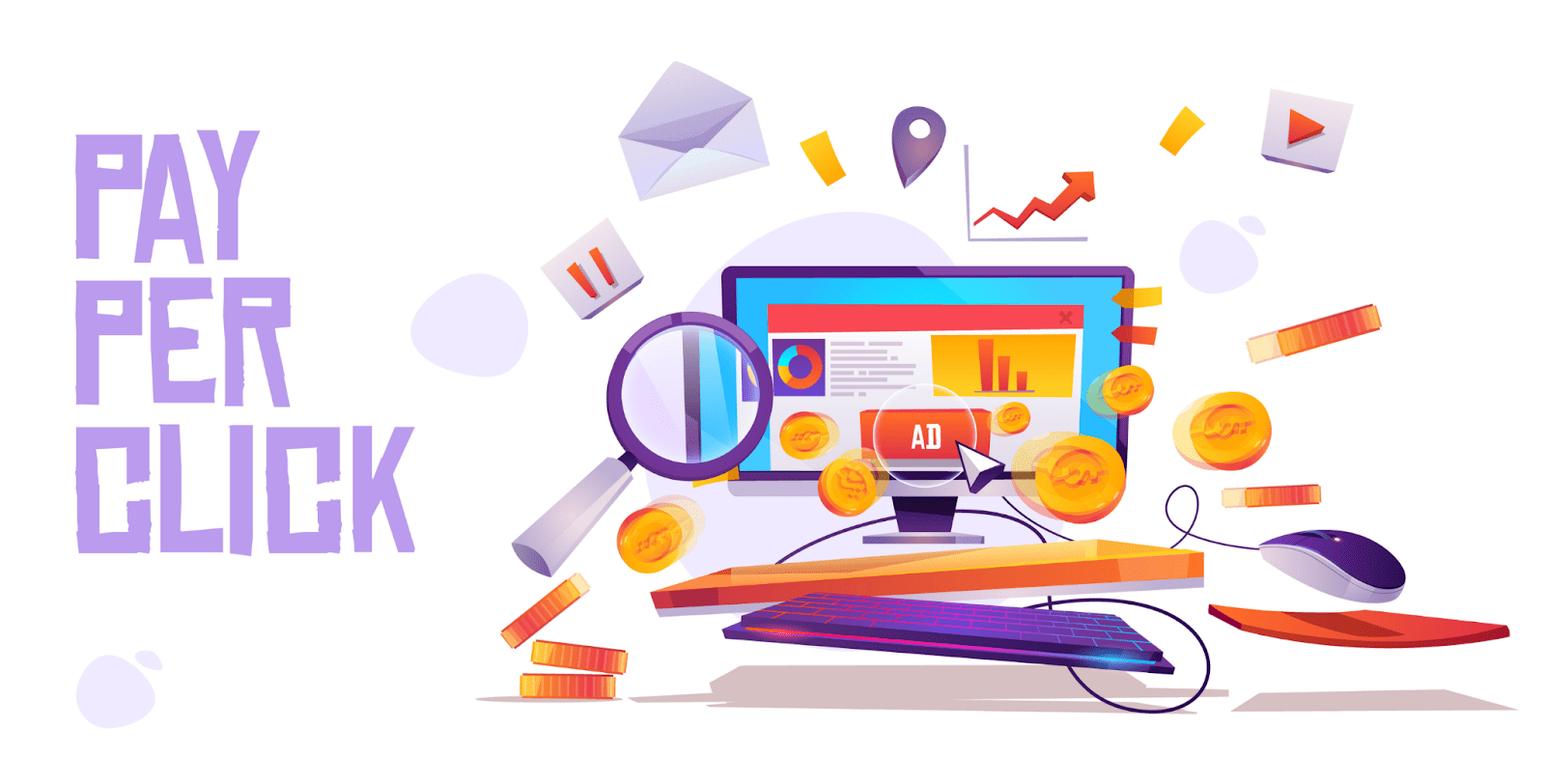7 Important PPC Metrics to Watch for Overall Success

Running successful Google Ads campaigns isn’t just about creating eye-catching ads—it’s about understanding the data behind them. Google Ads is a data-driven marketing strategy, where every click, impression, and conversion tells a story. To maximize your ad spend and drive better results, you need to track specific metrics that help you evaluate what’s working and what’s not. In this blog, we’ll help you cut through the noise and zero in on the numbers that truly matter. Ready to make every peso in your ad budget count? Here are seven essential Pay-per-click (PPC) metrics you should be tracking for overall success.
1. Conversions
Running ads without measuring conversions is like navigating blindly. Conversions indicate whether users take desired actions, like purchases or sign-ups. Setting up conversion tracking on your website is key.
2. Conversion Rate
This measures how efficiently clicks turn into results. High traffic is useless if it doesn’t lead to action. Low conversion rates signal targeting or landing page issues, while high conversion rates indicate effective targeting, persuasive landing pages, and compelling offers. This alignment drives increased action and desired outcomes.
3. ROAS & CPA
These metrics gauge profitability. ROAS (Return on Ad Spend) measures the revenue generated for every peso spent, while CPA (Cost Per Acquisition) highlights the cost of acquiring a customer. Together, they ensure campaigns stay financially sustainable. A high ROAS may indicate limited reach, whereas a low CPA helps secure leads without breaking the bank.
4. Impression Share
Impression shares measures ad visibility by comparing actual impressions to potential reach. Top and Absolute Top Impression Share indicate ad competitiveness, specifically how often your ads appear in the top positions. A low percentage suggests either budget constraints are limiting ad display, or strong competitors are outranking you, hindering your overall visibility.
5. Cost Per Click (CPC)
This manages ad spend, showing the cost per click. While smart bidding automates the process, CPC helps identify performance shifts. A rising CPC with dropping conversions signals underlying issues needing budget adjustments. CPC depends on bid amount, ad quality, and keyword competition. Increased competition or lower ad quality can drive up CPCs, while irrelevant searches and ad fatigue can also impact conversions.
6. Budget Utilization Rate (BUR)
This ensures full budget use. BUR tracks the percentage of the allocated budget being spent. A low BUR suggests missed traffic, indicating the need for increased bids or broader targeting, while a high BUR may require audience refinement.
7. Engagement Rate
This measures user behavior post-click, showing their interest level. High bounce rates signal a disconnect between the ad and landing page. GA4 engagement metrics in Google Ads track user behavior, such as time on site, and low engagement may indicate the need for adjustments to ad copy or the landing page.
Final Thoughts
Mastering PPC management is about making data-driven decisions that lead to real business results. By relying on data, you understand what works, optimize strategies, and ensure every peso spent drives value, avoiding missed opportunities and wasted budgets.
At iManila, we turn data into actionable insights, crafting tailored strategies for measurable growth. If you’re ready to leverage data-driven PPC to help your business thrive, contact us today.
Partner with iManila
With 29 years of experience in the industry and an IT company at its core, iManila, having been one of the first Internet Service Providers in the Philippines, is committed to providing our clients with innovative information technology, web, and digital solutions.
iManila is a full-service business web development company in the Philippines ready to help you with WordPress website creation or building an ecommerce website for your business. From web design and development and website update and maintenance, to web hosting, email hosting, and technical, desktop and remote support, we are your team. Aside from this, we are also a website and mobile applications development company specializing in customized web systems for businesses in different industries and a top digital marketing agency that provides a wide range of digital marketing services. Talk to us!















